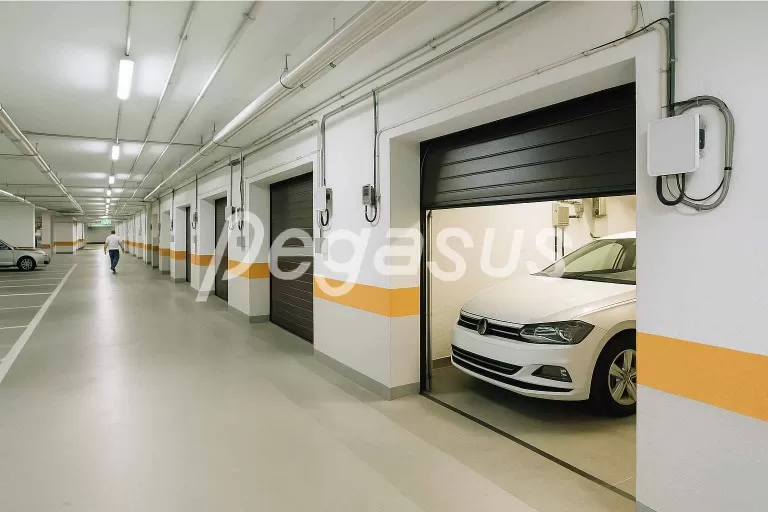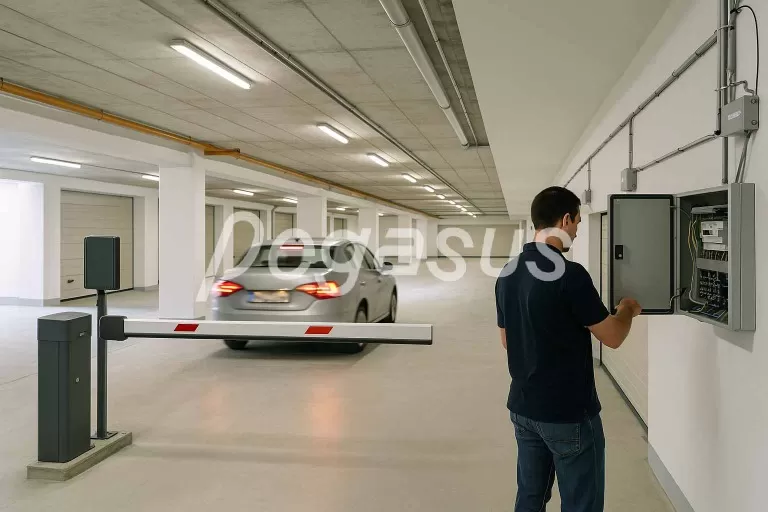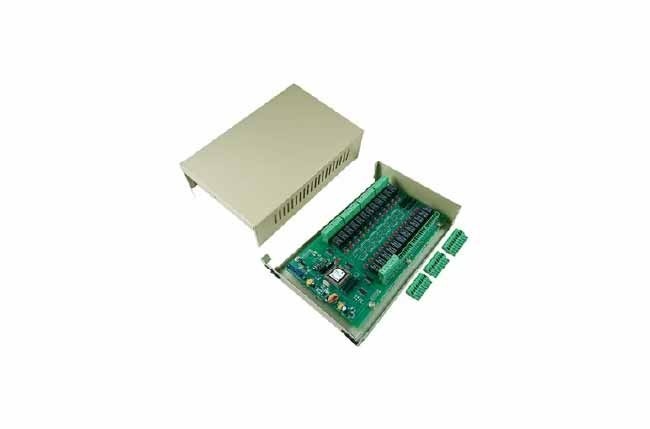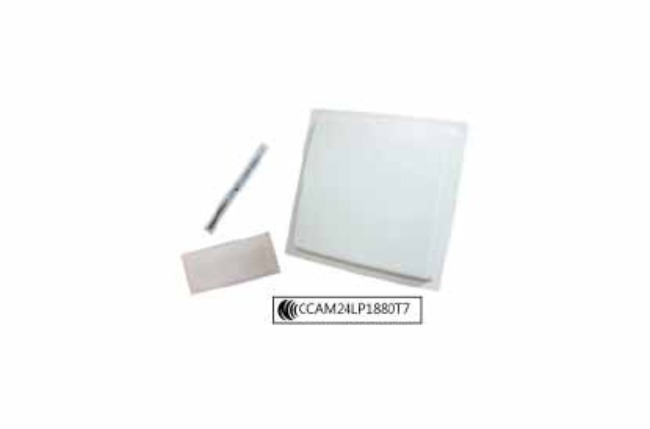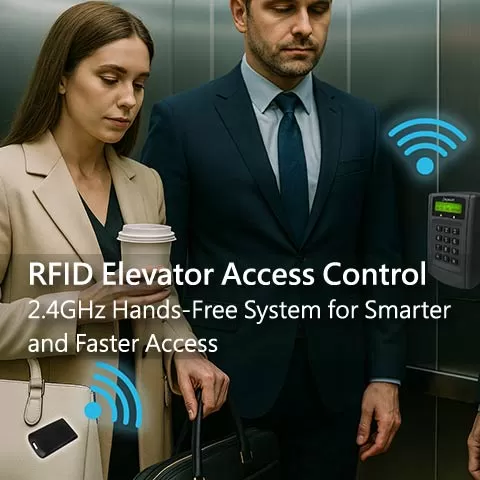Smart Building RFID Parking Management|Centralized Reader Architecture for Cost Efficiency
Smart Building RFID Parking Management|Centralized Architecture for Cost Efficiency and Stability
As smart building technologies continue to evolve, parking management has become one of the most common applications of automation. Traditional parking systems relying on tickets or manual verification are often inefficient and prone to security issues. With the rise of smart communities and enterprise campuses, property owners now expect lower setup costs, higher operational efficiency, and enhanced safety and convenience for users.
Taking a villa-type residential community as an example, each unit has direct access to its own basement parking space. Installing an RFID reader at every parking lot would result in several challenges:
- High hardware investment – multiple readers per unit greatly increase the total cost.
- Signal interference – dense or confined spaces cause cross-reading and unstable signal performance.
- Maintenance complexity – more devices mean higher long-term maintenance efforts and expenses.
- Limited scalability – difficult to expand when adding new parking areas or integrating with other systems.
Solution
Pongee’s RFID Parking Management Solution adopts a centralized architecture as its core concept. By installing RFID readers at the main entrances and integrating multiple Relay Box ZP units, the system can simultaneously control both community gates and individual garage doors. This unified design consolidates vehicle entry and parking control, achieving the following benefits:
- Reduced construction cost – fewer readers, lower hardware investment.
- Improved stability – centralized design minimizes environmental interference.
- Flexible scalability – easily expandable for different parking sizes, from small communities to large shopping malls.
- High integration potential – compatible with access control, elevators, and building management platforms to form a complete smart entry solution.
Results
Property owners who implemented this system successfully reduced hardware and maintenance costs, while improving the flow of vehicle entry and exit. Drivers enjoy a faster, contactless, and safer experience—gates open automatically when vehicles enter the RFID detection range. In the long run, this architecture allows seamless integration with other smart building systems such as energy management, visitor access, or real-time monitoring, supporting the broader vision of intelligent urban living.
Extended Value
- Ideal for smart communities, business campuses, and shopping complexes.
- Compatible with LPR (License Plate Recognition) and access control integration for enhanced security.
- Highly scalable architecture supports various site sizes and project phases.
- Aligns with smart city and sustainable building initiatives worldwide.
Global Trend
According to MarketsandMarkets, the global smart parking market is projected to exceed USD 16 billion by 2028. Driven by the widespread adoption of electric vehicles and the expansion of smart city infrastructure, parking management is rapidly evolving toward RFID- and IoT-based solutions. Thanks to its long-range reading, low maintenance cost, and high security, UHF RFID is becoming the preferred technology for smart buildings and transportation infrastructure. The future trend lies in integrated smart parking platforms combining RFID, LPR, mobile payment, and IoT analytics for full operational visibility and automation.
FAQ
Q1: Why is a centralized design more advantageous than a traditional distributed system?
A1: It lowers hardware investment, minimizes interference, and simplifies maintenance.
Q2: Can the system scale with future expansion?
A2: Yes. Its modular and centralized architecture allows flexible scalability.
Q3: Can it integrate with other technologies?
A3: Yes. It can connect with LPR, mobile payment, access control, or IoT platforms.
Q4: Is it suitable for outdoor parking?
A4: Yes. RFID readers feature waterproof and weather-resistant design for long-term operation.
Q5: What are the advantages over traditional ticket or card systems?
A5: RFID offers contactless operation, low maintenance, and seamless integration with smart building systems, providing higher efficiency and security.
📚
If you are a system integrator or distributor looking to apply RFID modules in access control solutions, we welcome your inquiry.
We provide RFID modules, readers, and complete technical integration support to help you accelerate project development and implementation planning.


